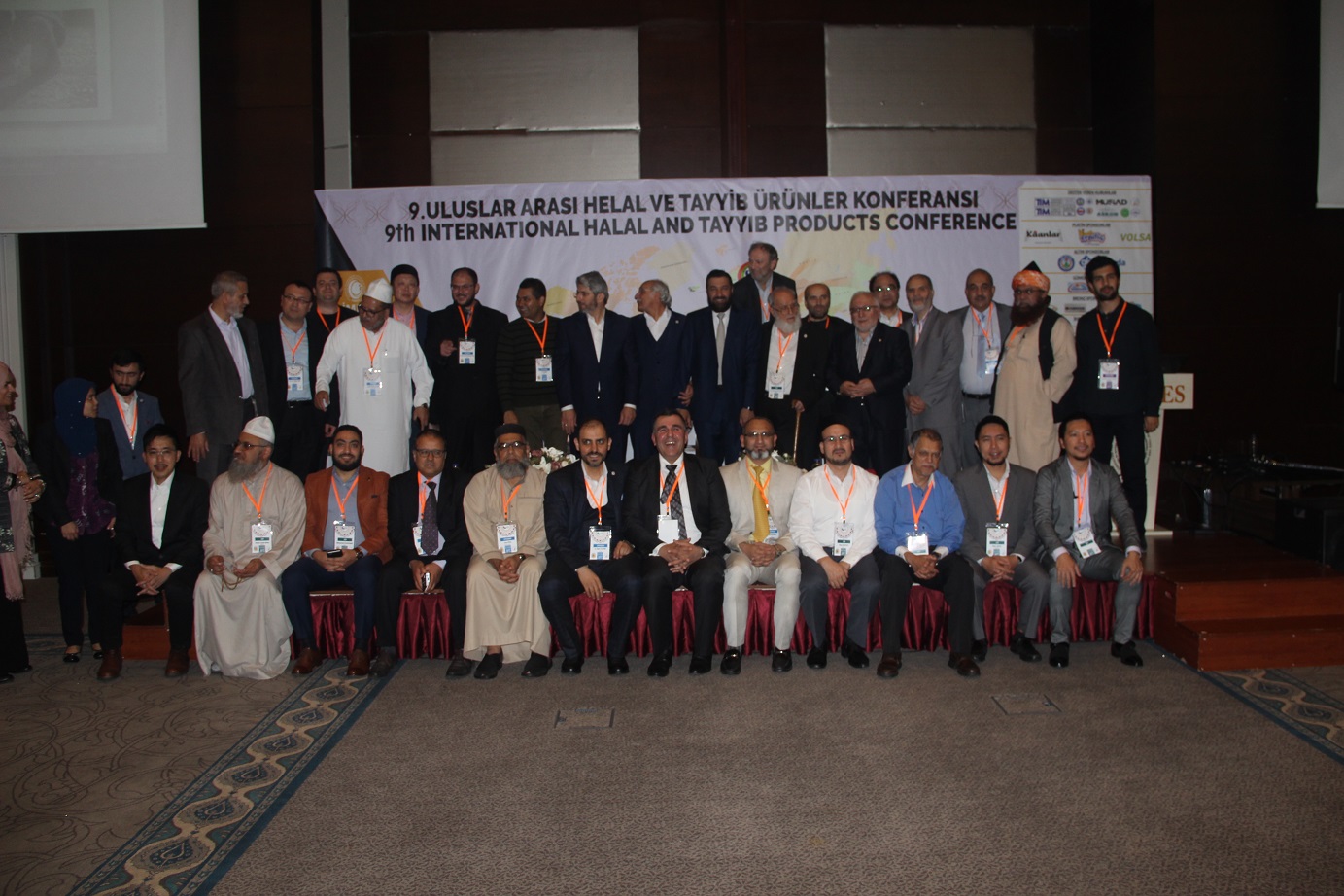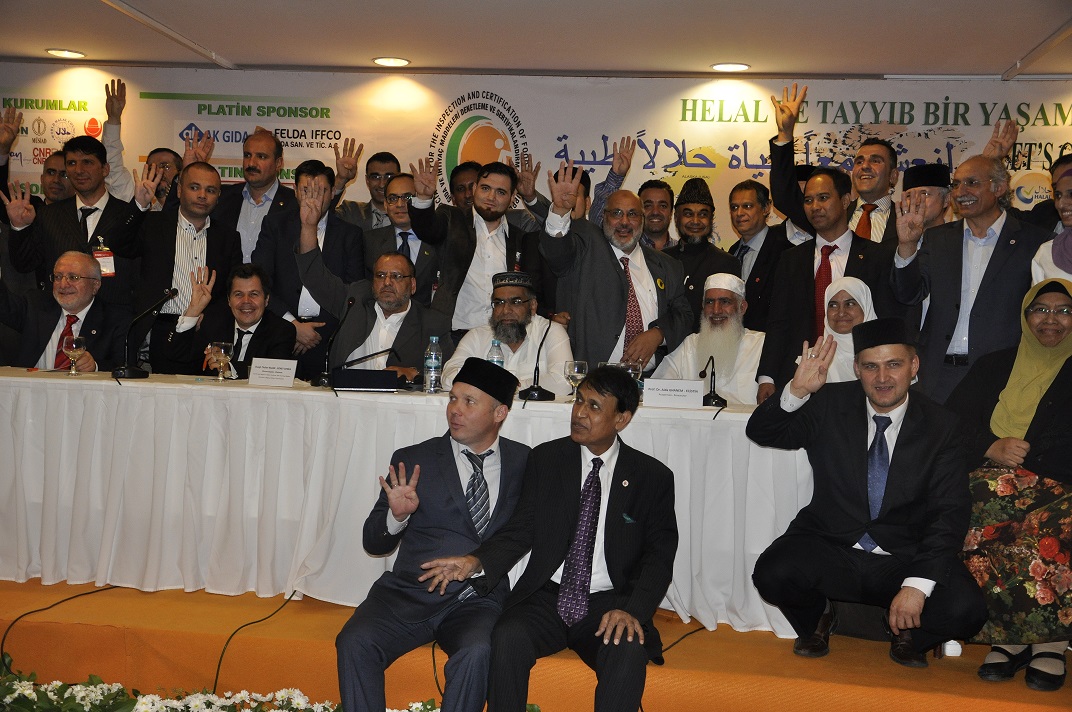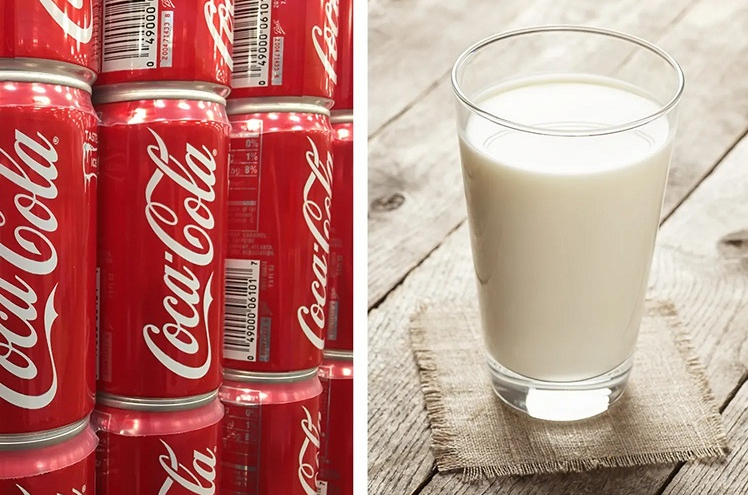The Closing Statements of the 9th Halal and Tayyib Products conference, held on 23-24 October, 2017. organized by GIMDES, in Istanbul, Turkey were as the following:
First Day.
First session: HALAL STANDARDIZATION AND ACCREDITATION AUTHORITIES: UPDATES, CHALLENGES AND SOLUTIONS.
Halal accreditation and standardization system face many challenges; such as Interference of western government’s agencies to degrade Halal requirements to a level that suit their industry.Accreditation agencies are more oriented to be a quality management system rather than Halal. Reorientation of the accreditation process must take place in such a way to focus mainly on Halal. In addition to, the high belling invoices by Halal accreditation agencies. Also, the absence of effective control over accredited Halal Certification Bodies.
Second session: CHALLENGES FACING HALAL TOURISM AND SOLUTIONS.
Tourism is a very important segment of Halal ecosystem and it deserves full assurance to consumer expectations and compliance with regulatory perspective.Halal tourism not only faces challenges in non-Muslim countries due to many reasons, but also in Muslim countries due to inappropriate marketing and communication, language barrier and sub-standard customer service.
Third session: HALAL AND TAYYIB PRODUCTS MANUFACTURE AND TRADE PROBLEMS AND ITS RESOLUTION PROPOSALS IN THE MUSLIMS AND NON-MUSLIM COUNTRIES.
The growth in halal and tayyib production and trade increase every year, and nowadays Halal market has very big potential.
There are many challenges facing the halal and tayyib manufacture and trade in the Muslims and non-Muslim countries. Halal certification bodies have to collaborate in order to overcome upon all trade problems.
Second day:
First sessionCONTEMPORARY FIQH ISSUES IN THE LIGHT OF HALAL INDUSTRY.
Istihala is a complete transformation of the material, physically and chemically. So, changes occurred during processing of gelatine, bloodplasma, rennet, oils used in soap doesn’t consider as Istihala.
Stunning still one of the big challenges in Halal system due to legislations, different fatwas and industry request. The biggest challenge is the inability to distinguish after slaughtering the animal died during stunning.
Ethanol has not to be allowed in halal certification process, many alternatives can be use instead of ethanol.
Second session: TECHNOLOGY AND INNOVATION IN HALAL INDUSTRY
Largest food manufacturers have been ramping up their investment and expertise in a halal. The research focuses on technological developments and innovations in the global halal food industry.
Cysteine considered as one of the highly critical raw materials in halal system. Most cysteine produced from animal source (humanhair, pig bristle or duck feather). Advance technology is used to ferment the improved strain-producing cysteine that will produce high yields.
GM crops can cause many known and unknown side effects on health. GM crops cannot be in a harmony with Halal and Tayyib concepts, and GMO Products is not the solution of the global hunger problems.
Technology and innovation have transformed the way we do and see things. Today innovation is the key to sustainable growth in any businesses or industry. Researchers have to make innovative solution for the Halal Industry’s halal certification process.
Third session: MEDICINE, PHARMACEUTICALS AND COSMETICS: CHALLENGES AND SOLUTIONS
Muslims are facing real threats due to using non-Halal medicine. Muslim scientists and pharmaceutical producers should put priority to invest in Halal medicine, and have to work on halal alternative medicines to move from the orytopractice.
Muslim scientists and producers should work to produce Halal vaccines which harmonize with Halal and Tayyib system.
Halal and Tayyib cetified cosmetics is the safes the choice for Consumer. Halal Standard project is highly important to list and find the halal and Tayyib status of the most used chemicals skin care and cosmetics.






